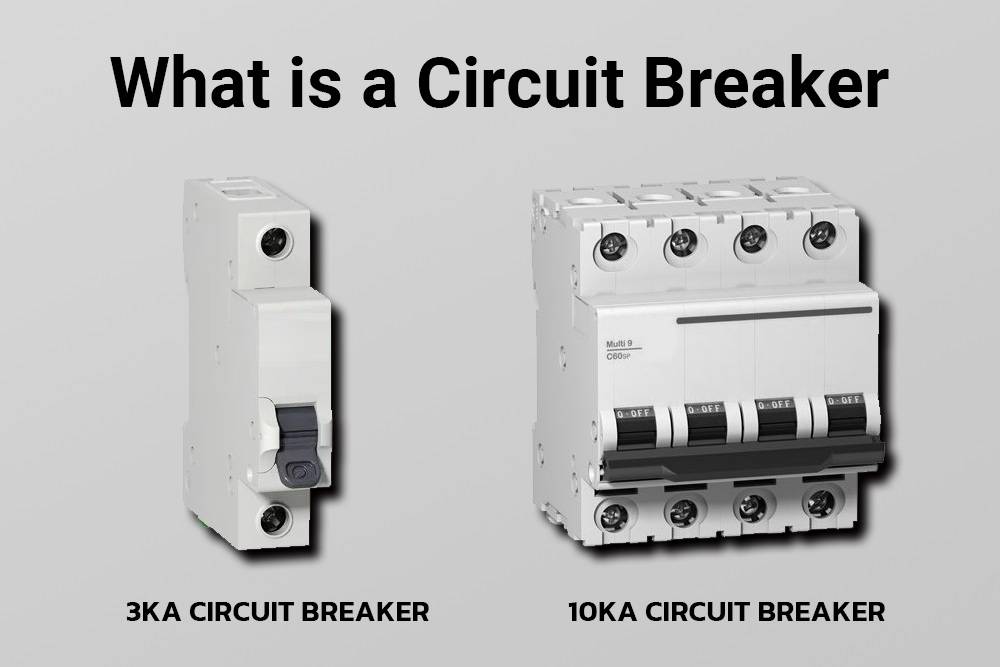In the realm of electrical systems, electric fuses serve as critical components for protecting circuits from potential damage caused by overcurrent conditions. Understanding their function and significance is paramount for maintaining safety and reliability in electrical installations.
How Electric Fuses Protect Electrical Circuits
Electric fuses play a crucial role in safeguarding electrical circuits from damage caused by overcurrents. They act as protective devices by interrupting the flow of electricity when the current exceeds a safe level, preventing potential hazards such as electrical fires or equipment damage.

What Makes Electrical Circuit Protection Vital
Electrical circuit protection is essential for ensuring the safety and reliability of electrical systems. By promptly disconnecting the circuit in the event of a fault or overload, protective devices like electric fuses prevent catastrophic failures, minimize downtime, and safeguard both property and lives.
What Constitutes an Electric Fuse
An electric fuse consists of a metal wire or strip that melts when exposed to excessive current, thereby breaking the circuit and preventing further flow of electricity. This simple yet effective mechanism serves as a sacrificial element, sacrificing itself to protect the rest of the circuit components from damage.
What Defines a Circuit Breaker
A circuit breaker is another type of protective device used in electrical systems. Unlike fuses, which require replacement after tripping, circuit breakers can be reset manually or automatically after detecting an overload or fault condition. They offer the advantage of reusable protection, making them more convenient for certain applications.

Where to Implement Electric Fuses
Electric fuses should be strategically installed at key points in electrical circuits to provide effective protection. They are commonly used in residential, commercial, and industrial settings to safeguard electrical appliances, equipment, and wiring systems from overcurrent conditions.
How to Select the Appropriate Size Electric Fuse
Choosing the right size electric fuse is critical for ensuring optimal protection without compromising the circuit’s functionality. Factors such as the circuit’s voltage rating, current capacity, and application requirements must be considered when selecting the fuse’s current rating to prevent nuisance tripping or inadequate protection.
Why Properly Installed Electric Fuses Enhance Safety in Case of Electrical Failures
Properly installed electric fuses are integral to maintaining a safe electrical environment. In the event of electrical failures or malfunctions, fuses act as the first line of defense, quickly disconnecting the circuit to prevent potential hazards such as electrical shocks, fires, or equipment damage. Their reliable operation and ability to interrupt the flow of electricity make them essential components in any electrical system.

In conclusion, electric fuses are indispensable devices for protecting electrical circuits from overcurrent conditions and ensuring the safety and reliability of electrical systems. By understanding their function, importance, and proper installation practices, individuals can effectively mitigate the risks associated with electrical failures and safeguard both property and lives.

